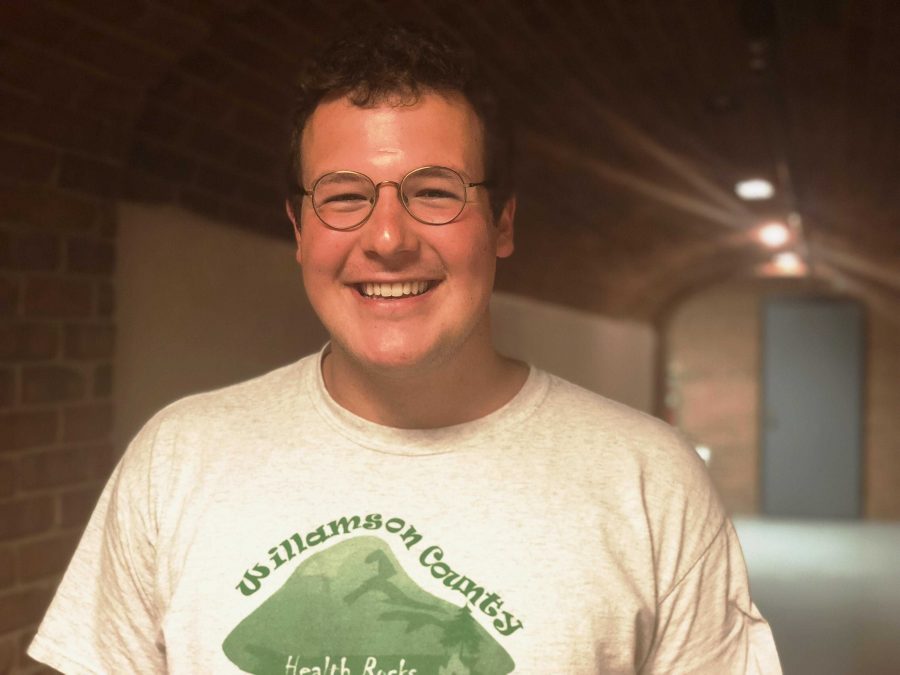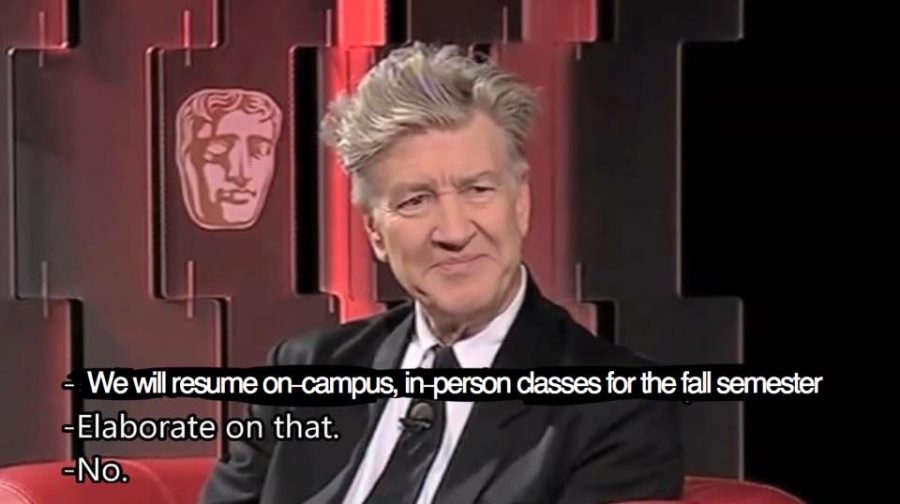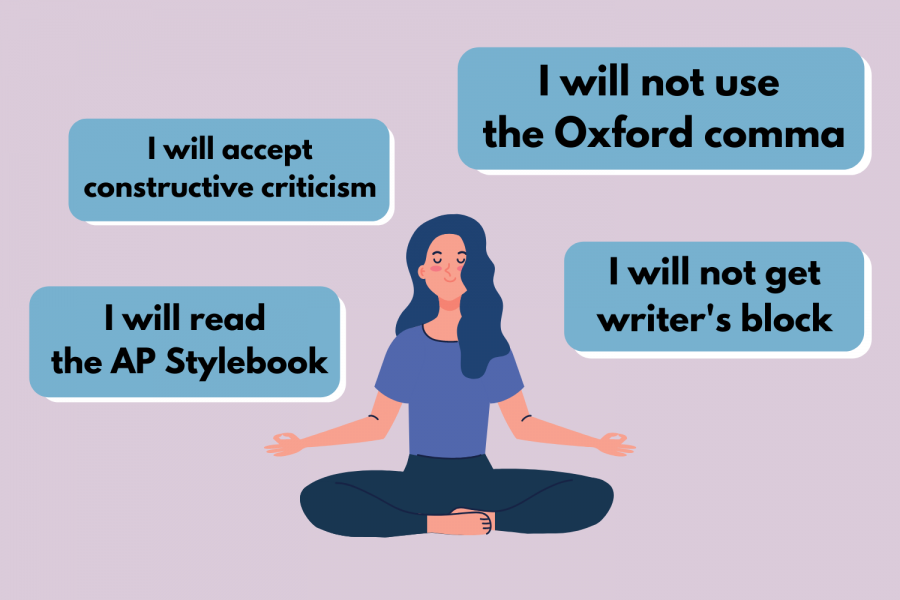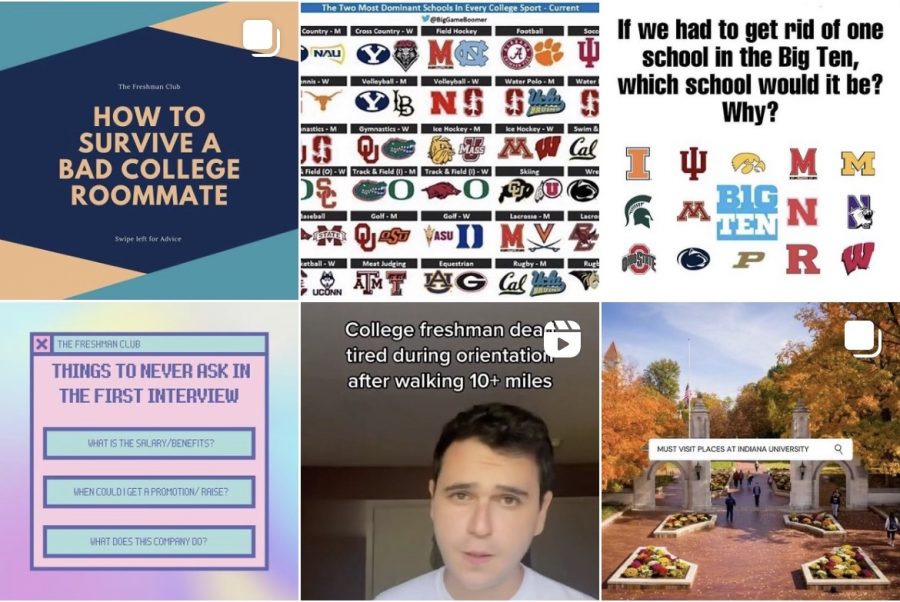Second semester sophomore year, I was kicked out and permanently banned from the premises of my former fraternity. They told me I added no value to the brotherhood, and that my toxic presence was a liability to their reputation on campus. Even though I was barely on speaking terms with a majority of the members by then, it still hurt to be told by a group of friends I paid for that I was no longer welcome. I mean, at least give me my money back. I became withdrawn, resorting to petty squabbles with former brothers and further isolating myself from my friends, deepening my low sense of self worth and exacerbating my mood swings.
What consumed me the most, however, was that I was seen as a parasite to a community, and that I failed at the most basic sense at building one. Alongside that, the fact that 80 irrelevant overcompensating white men sought to intimidate and turn me into a social pariah was infuriating. After being brainwashed in their bubble for about a year and a half, why was I utterly convinced that they were the sole arbiters of public opinion? I had two options; I could retreat into darkness and internalize the animosity I had faced, or use this opportunity to unify Vandy students and bring more love to this campus. Especially being a RA on Commons at the time, empowering students across the different communities was not only a goal, but a prescribed duty. I had to find a way to have all voices heard, and for the greater community to interact. And what are memes but genes that make up our cultural DNA.
After being castigated into isolation, I slowly relearned what it meant to devote myself to a greater cause and receive the love back.
I come to you all with this perspective to share what I have learned about myself and others serving as founder and co-creator of DNRM. The first is that none of this could be possible without the friends that supported the mission as much as I did. The moderators, early adopters, and meme makers all contributed so much to the community that it was impossible to not feed off their energies and grow along with them. At times when I felt at my lowest, I had a support network that saw my struggle as theirs and pushed me through. After being castigated into isolation, I slowly relearned what it meant to devote myself to a greater cause and receive the love back.
The second lesson I learned was that the product of DNRM was not the memes that were created, but the perspectives deepened and informed because of the content. Whether it was widespread agreement that the chairs at Local Java are made for toddlers or the discussion of cultural appropriation of Greek life, the platform allowed for a redressing of grievances, and a dynamic discussion open to all. More importantly, by the way we chose to insulate the group from outside the campus community by making it private, we were able to create a community unlike any other college meme page. Trends like white tents, Michael’s Linkedin endorsements, and even #CupGate, were all native to our community and made us all feel like we were a part of something bigger. The memes revitalized an exchange of ideas and the currency of likes built consensus around what Vandy students value.
My struggle, however isolating as it was at the time, taught me how to advocate for and believe in myself.
In the broader story of decentralized social organizations on campus, Dank New Rand Memes is merely an iteration of a student body that yearns to find meaningful connection with one another–Overheard at Vanderbilt and Yik Yak are examples of vehicles that have done so in the past. I cannot speculate on when DNRM’s time will (inevitably) end, but when it does, we must not lose the spirit that brought us so close. I see a future where, instead of merely using a social media platform, students work together to forge our own, through collaboration of STEM/Humanities disciplines to create a native social media platform, one that is created for Vanderbilt students and feature-driven by Vanderbilt students. It’s not as far fetched as you think, and considering the exponential evolution of our CS program as well as University courses leading cross-discipline efforts, I can’t wait to see what will be in store.
As a senior, I’ve been reflecting a lot on my Vanderbilt experience and how I come away from this place and what it means to me. My struggle, however isolating as it was at the time, taught me how to advocate for and believe in myself. It has been one of the greatest honors to serve the Vanderbilt community with my spicy memes and build an experience that touches all parts of campus, and I will miss this place dearly when I graduate in May. Many, many special thanks to these people that made DNRM a reality: Adam Rahmani, Meredith Mattlin, Grace Comerford, Haley Brecher, Taylor Matalon, Karina Schechter, Thayer Taft, Molly Williams, Sherry Chen, Emily K Rella and so many more.
Editor’s Note: This article has been revised as the Hustler further examines claims made by the author.




